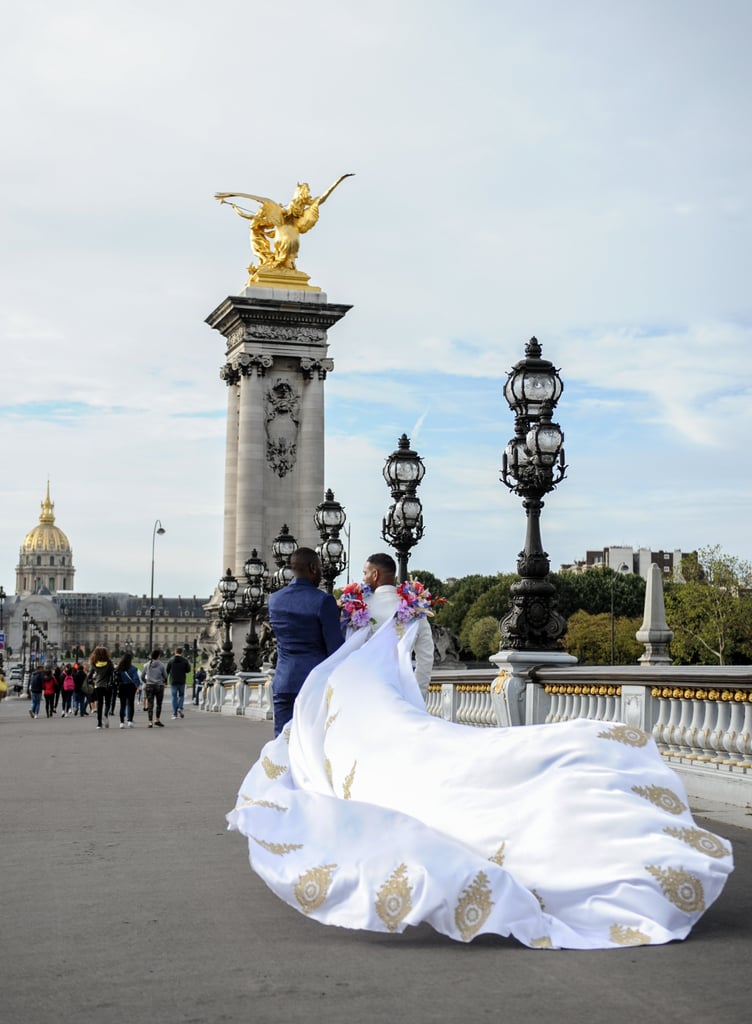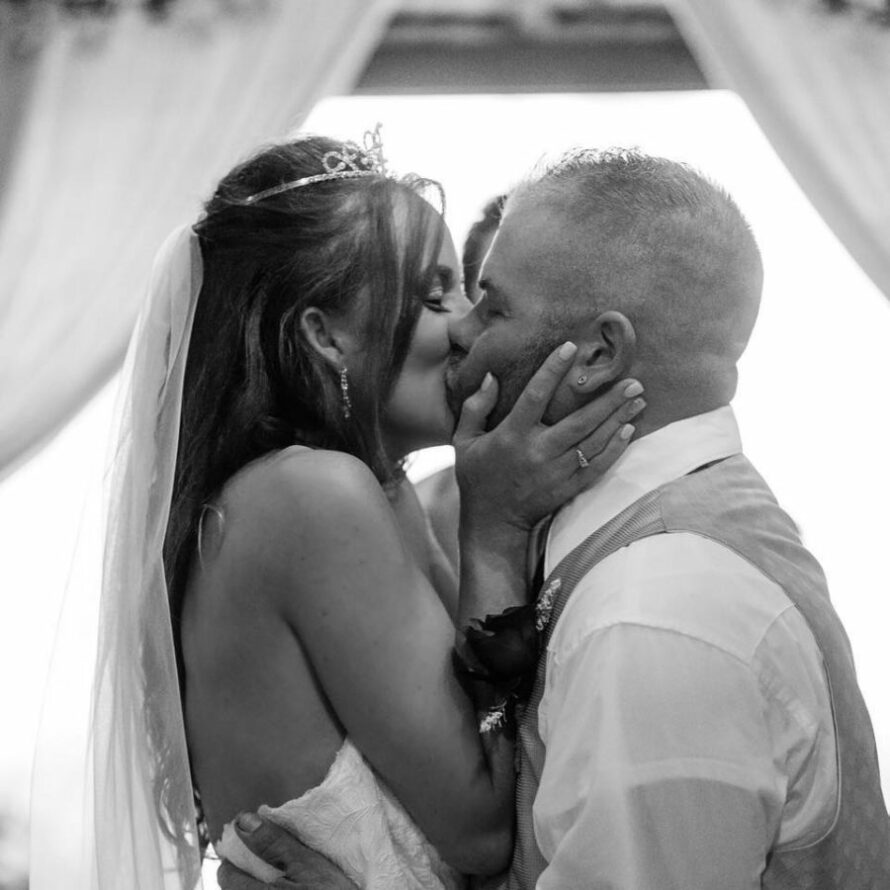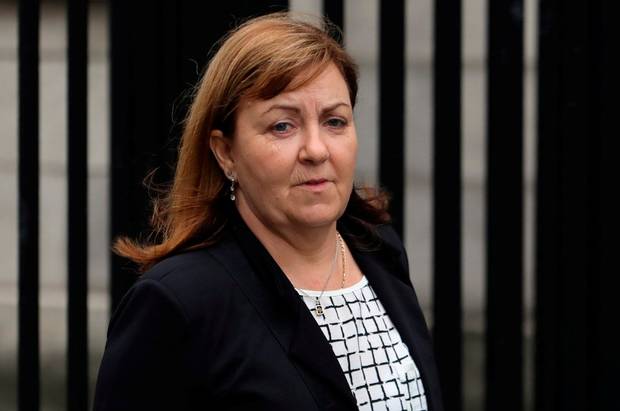Between the cost of your gown, the reception and the wedding and engagement rings, it’s hardly surprising to learn the average Australian wedding typically costs upwards of $36,000.
While many couples hold weddings for significantly less (and significantly more), getting married can be an expensive business, but with a little planning and financial savvy, you can ensure you get the most bang for your hard-earned buck.
Step one in keeping on top of spiralling wedding expenses should be to create a comprehensive budget based on your incomings (ie. your wage) and outgoings (bills, regular expenses etc).
Step two, of course, is trying to stick to that budget!
Online budget planners are fantastic for helping you identify your costs and then for helping you keep track of your spending. Easy Weddings’ popular Budget Calculator is free, as is our iPad app which contains a snazzy, mobile version of the Budget Calculator, allowing you to keep track of your wedding-related finances on the go.
Budgets work best if the couple is disciplined and consistent in their saving and spending. Of course, that’s easier said than done, especially today when so many couples are already juggling mortgages and kids long before they start planning their big day.
Liam Janke, a Senior Manager of Consumer Lending (Finance Products) at Aussie says the best way to afford your wedding is to start saving as early as possible. However, if that isn’t possible, a personal loans can give you the financial boost needed to pay for your dream wedding.
“A personal loan, or wedding loan, is a practical way to pay for a wedding as long as you are disciplined with the spending and ensure you make regular monthly payments to bring down both the principle and interest.”
Liam says that credit cards, when used cleverly, have their uses too, especially when it comes to the convenience of making purchases online where things may cost less.
He adds, “Most of us compare and search for the best deals on all those small but important wedding items online. A credit card is the most convenient way to secure those must-have wedding item but make sure you watch your spending and try to keep track of how much you’re saving compared with how much interest you may have to pay.
“Have a budget, be disciplined and stick to it. Don’t over-capitalise with your card and find that your wedding has been completely paid for with credit. Many cards offer interest-free periods, which, with a bit of discipline could reduce your interest repayments substantially.”
Whichever path you choose, Liam says it’s about using your money as wisely as possible and getting the most bang for your buck.
Another increasingly popular way of helping defray the cost of a wedding is for newlyweds to forgo physical gifts and, instead, request a gift of cash from their guests.
These days, many couples are marrying later in life and already have their own homes or are living together. They usually have everything (sometimes two of everything) needed to set up home, so receiving traditional wedding gifts such as toasters or dining sets, seems pointless.
Don’t forget, the aim of giving such wedding gifts was usually to help a young couple set up home but, with so many of today’s newlyweds well and truly settled by the time they make it down the aisle, cash is often the most sensible gift.
Of course, whether you’re asking for a pay raise or a cash wedding gift, requesting money can be awkward.
Aussie customer Nicola Wood says she wishes she plucked up courage to ask for cash when she married her partner last year.
“I didn’t want to appear ungrateful so I didn’t ask for a cash gift,” says Nicola “but my fiancé and I had been renting a place for years, so we already had everything we needed. We ended up with half a dozen casserole dishes, multiple toasters and several other items we already owned.
“Nobody can use three toasters! I felt bad as I ended up giving away most of the gifts. I should just have bitten the bullet and asked for cash presents.”
In fact, when it comes to other parts of the world, cash is king at weddings. Red envelopes stuffed with money have always been part of the Chinese wedding tradition, just as the idea of guests pinning cash to the bride’s gown has been part of European wedding tradition for centuries.
“No matter how big or small your wedding budget, the important thing is to ensure you enjoy your big day when it arrives,” says Liam.
“Soak in every moment because you’ll remember your wedding day long after you’ve paid it off.”
Aussie’s top five tips and tricks for saving money for your wedding:
– Create a wedding budget and stick to it
– Deposit your savings into a high-interest saving account or term deposit and let the compound interest accumulate over time
– Use any windfalls, such as your tax return, to your wedding budget.
– Set up a wishing well for guest to contribute financially to your wedding
– When in need for some additional finance, consider a wedding loan or a credit card but ensure you can meet the repayments



